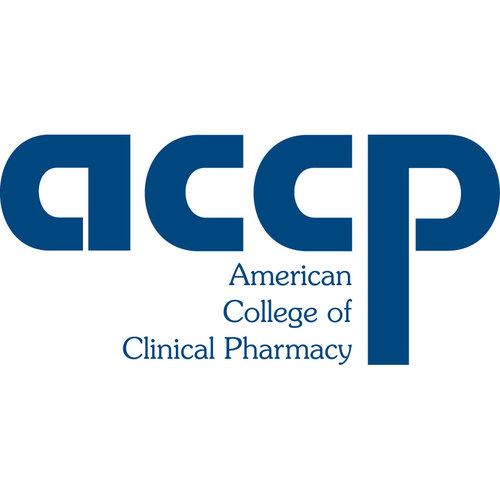American Gastroenterological Association-American College Of Gastroenterology Clinical Practice Guideline: Pharmacological Management Of Chronic Idiopathic Constipation - Summary
By Jamie Wu, PharmD, BCPS
Written Fall 2023
The American Gastroenterological Association (AGA) and American College of Gastroenterology Clinical Practice jointly developed an evidence-based guideline on the pharmacological management of chronic idiopathic constipation published in June 2023. This was a ten-year update from the previous AGA medical position statement on constipation. Literature from May 15, 2021 to November 5, 2022 were incorporated in the review. The guideline excludes special populations such as patients with malignancy, pregnancy, and opioid-induced constipation. Of note, stool softener docusate and probiotics were not included in the review of agents due to a lack of evidence. The panel presented an overview of the pharmacologic agents recommended for chronic idiopathic constipation treatment, initial/max doses, titration, cost, clinical considerations, supporting evidence, and duration of treatment studied. The following is a summary of the ten recommendations for pharmacologic treatment:
- The guideline emphasized initial approaches with non-pharmacologic treatment (increased fluid and fiber intake) for mild constipation.
- Over-the-counter (OTC) osmotic laxative treatment with PEG can be used safely long-term for over 6 months and has strong recommendations for use.
- Other OTCs recommended for short-term defined as 4 weeks or less include stimulant laxatives (senna, bisacodyl) and magnesium oxide.
- Lactulose can be used if patients are intolerant or fail OTC therapy.
- Additional recommendations for patients who fail OTC therapy include secretagogues (lubiprostone, linaclotide, plecanatide), and 5HT4 agonist prucalopride which can be used in place of OTC therapy or as adjunctive therapy.
In summary, the guideline recommends initial non-pharmacologic treatment followed by OTC, then prescription therapies selected based on agent and patient-specific variables if patients fail or cannot tolerate OTC.
References:
Bharucha AE, Dorn SD, Lembo A, Pressman A. American Gastroenterological Association medical position statement on constipation. Gastroenterology. 2013 Jan;144(1):211-7.
Chang L, Chey WD, Imdad A, Almario CV, Bharucha AE, Diem S, Greer KB, Hanson B, Harris LA, Ko C, Murad MH, Patel A, Shah ED, Lembo AJ, Sultan S. American Gastroenterological Association-American College of Gastroenterology Clinical Practice Guideline: Pharmacological Management of Chronic Idiopathic Constipation. Gastroenterology. 2023 Jun;164(7):1086-1106.
.jpg)
